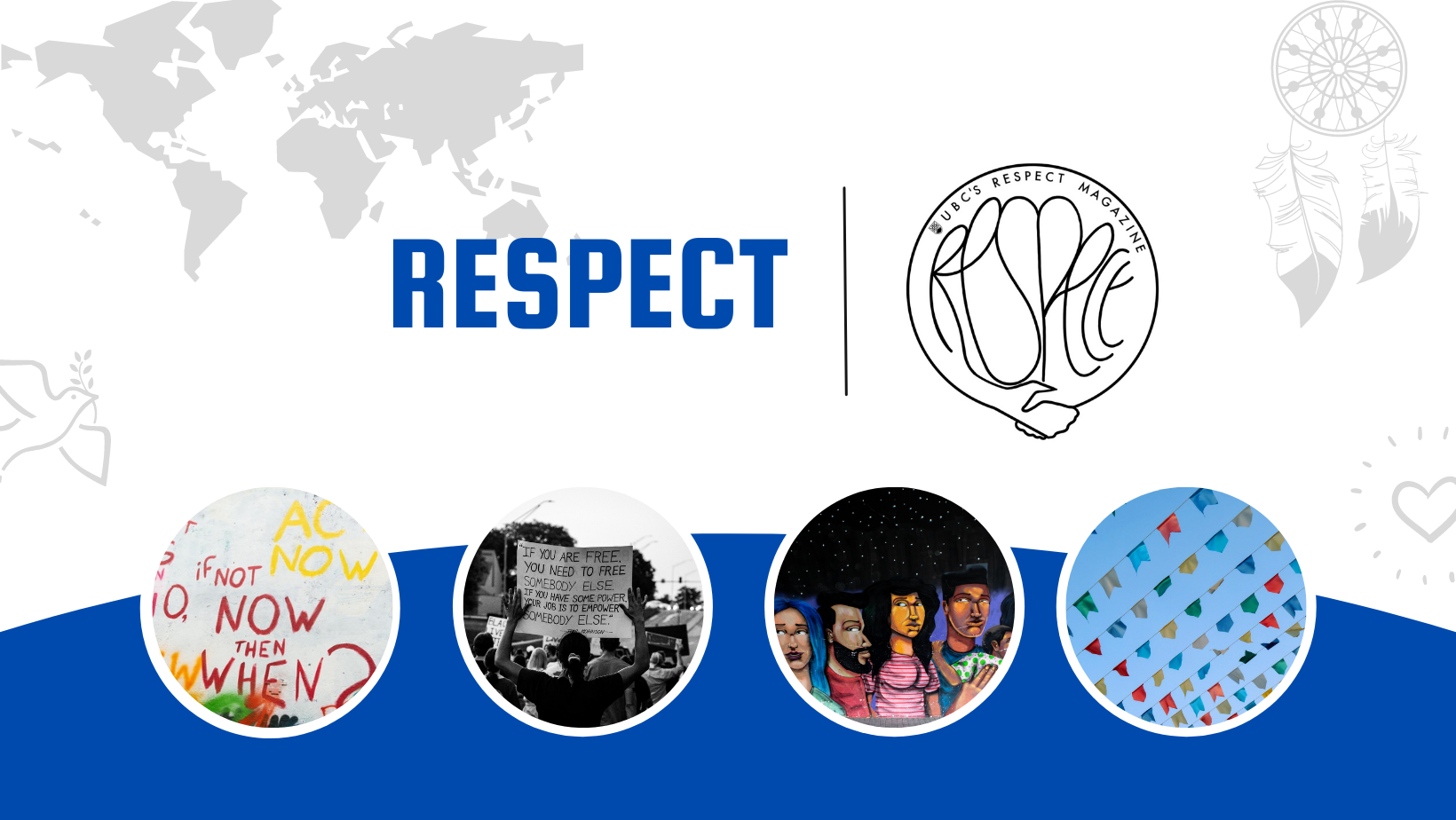Self-Reflection and Mindfulness by Jeremy Mandy
The utility of mindfulness in improving well-being has been a hot topic recently. “Mindfulness-based therapy: a comprehensive meta-analysis” published in 2013 by the Clinical Psychology Review, reviewed a total of 209 studies looking at the efficacy of mindfulness-based interventions, finding significant results for the improvement of three metrics; stress, depression, and anxiety. However, mindfulness is not restricted to supplementary treatment, it can also be a vehicle for deep introspection. Specifically, it can assist us in comprehending our positionality and how our diverse backgrounds influence our views on justice, diversity, and inclusion.
Personal identity is not an inherently essential component of being. Our identity is molded and shaped by the social, cultural, and historical events we experience during development. This fluid, multidimensional, quality of self-identity is referred to as positionality. These variables that constitute identity may include things such as ethnicity, gender, sexual orientation, and more. Our positionality affects both how we perceive the world and how the world perceives us. Our attitudes, values, and views can be shaped by it, oftentimes without our knowledge.
Through meditation and mindfulness, we can become increasingly aware of our positionality and the implicit biases that color our perspectives. A central tenet of mindfulness is the practice of applying non-judgmental conscious awareness. This means consciously experiencing our internal thoughts and emotions without judgment or fear, which can be of great use when identifying and challenging our biases.
Mindfulness can help us promote our understanding of positionality and how

our upbringing has influenced our worldviews on diversity and inclusivity. It can also be an effective tool for introspection and personal development. The UBCO Meditating Mindful club offers a unique opportunity to develop these integral strong mindfulness techniques, as well as meet people with similar interests and aspirations.
Our goal as a club is to both teach mindfulness and foster an open accepting community for self-discovery and growth. For any who are interested, please feel free to learn more and hopefully join through our website: https://meditatingmindfulness.com/. We are very excited to meet all of you. Let’s start this transformative journey together.
References
Kabat-Zinn, J. (2015). mindfulness. Mindfulness, 6(6), 1481-1483. https://doi.org/10.1007/s12671-015-0456-x
Khoury, B., Lecomte, T., Fortin, G., Masse, M., Therien, P., Bouchard, V., Chapleau, M., Paquin, K., & Hofmann, S. G. (2013). Mindfulness-based therapy: A comprehensive meta-analysis. Clinical Psychology Review, 33(6), 763-771. https://doi.org/10.1016/j.cpr.2013.05.005
Learn meditation & mindfulness at ubco club: Meditating mindfulness @ UBCO. Learn Meditation & Mindfulness at UBCO Club | Meditating Mindfulness @ UBCO. (n.d.). Retrieved April 26, 2023, from https://meditatingmindfulness.com/
About the Contributor
Jeremy Mandy is the president and founder of UBCO Meditating Mindfullness. He studies Biochemistry and Molecular Biology at UBCO. UBCO Meditating Mindfulness is a new student- lead UBCO club aiming to teach young adults of all backgrounds, about the versatility and practical applications of mindfulness practices in daily life. This club was founded by 3 UBCO students, Jeremy Mandy, Priyanka Chotaila, and Amrita Mosale, with the hopes to create a positive impact on the typically stress-filled lives of university students. The UBCO Meditating Mindfulness’s goal is to empower the youth to live more fulfilling and balanced lives by punctuating their daily experience with mindfulness. According to Dr. Kabat-Zinn, the leading pioneer for mindfulness practices in the West, Mindfulness can be summarized as the conscious awareness of the thoughts, emotions, and surroundings that constitute a subjective experience. By incorporating a non-judgmental outlook on the minute events of life, a deeper sense of appreciation and wonder can be cultivated.
Image created by Andre Fortes

Very profound article